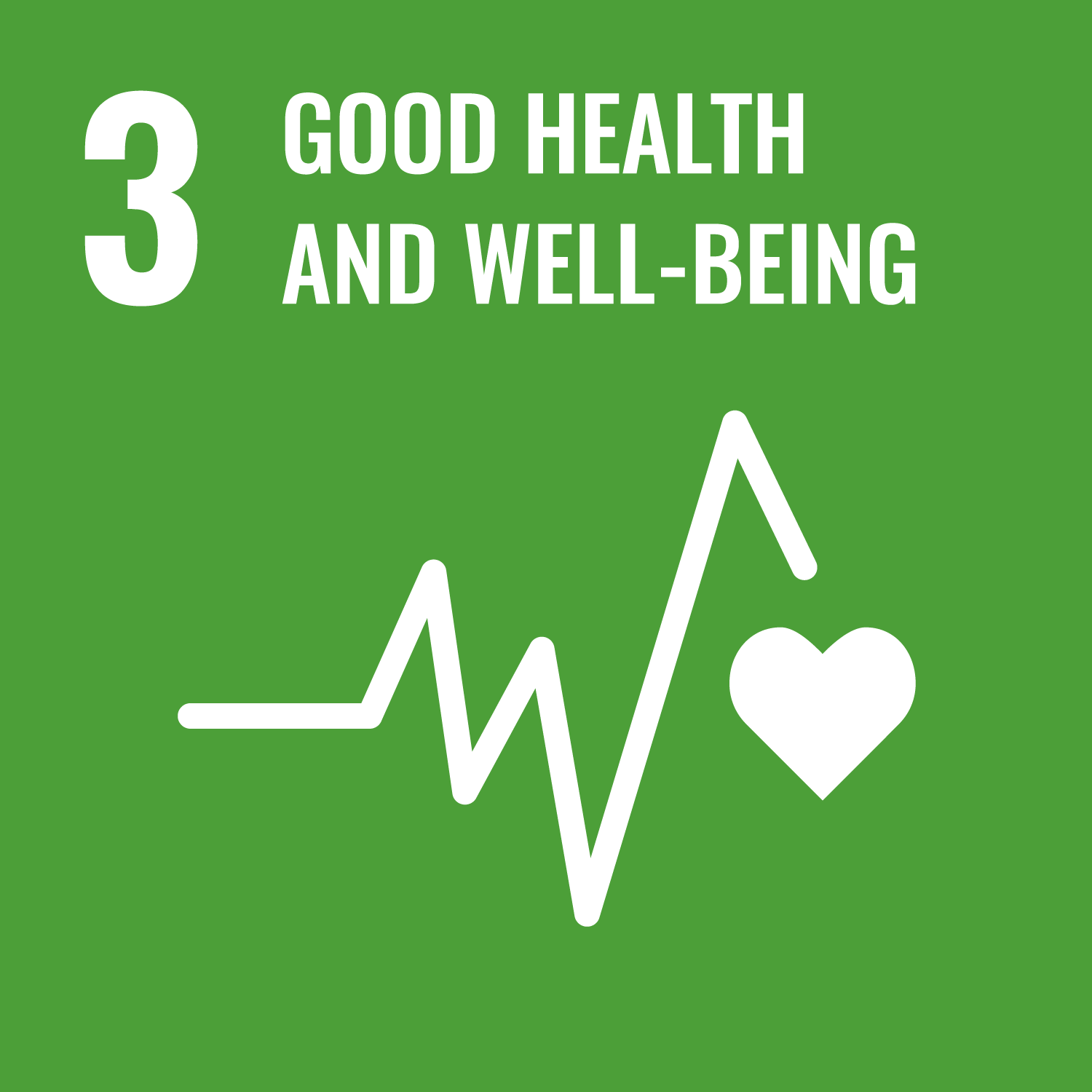South Carolina Nurse-Family Partnership Pay for Success Project
Aligned SDGs

- South Carolina Nurse-Family Partnership Pay for Success Project
- General overview
- Location
- Involved organisations
- Outcome metrics
- Results
- SyROCCo reports
- Other resources
- Spreadsheet of data
- South Carolina Nurse-Family Partnership Pay for Success Project
- General overview
- Location
- Involved organisations
- Outcome metrics
- Results
- SyROCCo reports
- Other resources
- Spreadsheet of data
General overview
Stage of development: Implementation
Policy sector: Health
Start date of service provision: Apr 2016
Capital raised (minimum): USD 17.50m
Service users: 3k+ individuals
Intervention
The intervention extends the service provider's nursing program statewide. The service provider partners first-time mothers with a personal, specially-trained nurse home visitor who guides them through pregnancy until their child's second birthday. The expectant moms benefit by getting the care and support they need to have a healthy pregnancy, while also developing a close relationship with a nurse who becomes a trusted resource they can rely on for advice in the future. Through this partnership, the nurse provides new moms with the confidence and tools they need to assure a healthy start for their babies and envision a life of stability and opportunities for both mom and child.
Target population
First-time, low-income moms at no more than twenty-eight weeks gestation with eligible/enrolled in Medicaid, with focus on ZIP codes with high concentrations of poverty.
Location
Country
- United States
Service delivery locations
- 29/46 counties in South Carolina, USA
Involved organisations
Outcome metrics
- Reduction in preterm births. Number of live births with a gestation period of less than 37 completed weeks relative to control group. Vital statistics birth records.
- Reduction in child hospitalization and emergency department usage due to injury. Number of emergency visits caused by acute injury in the child's first 24 months of life relative to control group. Medicaid diagnosis and billing claims.
- Increase in healthy spacing between births. Number of subsequent live births that mothers have within 24 months of the first recorded birth relative to control group. Vital statistics birth records.
- Increase the number of first-time moms served in predetermined ZIP codes with high concentrations of poverty. 65% intervention enrollment from low-income zip codes (i.e. household poverty rates above 15% according to US Census Bureau data, 2012). Study enrollment survey.
- Success threshold for fixed payments Each outcome has a lower and upper success threshold for extra fixed payments, additional payments per participants are made if either threshold is reached.
Powered by SyROCCo SyROCCo reports
The following articles are taken from the Systematic Review of Outcomes Contracts Collaboration (SyROCCo) Machine Learning tool.
The tool is a collaboration between the Government Outcomes Lab and machine learning experts from the University of Warwick, that allows you to navigate and explore data extracted from nearly 2000 academic and grey literature publications related to outcomes-based contracting.
Other resources
Spreadsheet of data
Important Notice and Disclaimer on INDIGO Data
INDIGO data are shared for research and policy analysis purposes. INDIGO data can be used to support a range of insights, for example, to understand the social outcomes that projects aim to improve, the network of organisations across projects, trends, scales, timelines and summary information. The collaborative system by which we collect, process, and share data is designed to advance data-sharing norms, harmonise data definitions and improve data use. These data are NOT shared for auditing, investment, or legal purposes. Please independently verify any data that you might use in decision making. We provide no guarantees or assurances as to the quality of these data. Data may be inaccurate, incomplete, inconsistent, and/or not current for various reasons: INDIGO is a collaborative and iterative initiative that mostly relies on projects all over the world volunteering to share their data. We have a system for processing information and try to attribute data to named sources, but we do not audit, cross-check, or verify all information provided to us. It takes time and resources to share data, which may not have been included in a project’s budget. Many of the projects are ongoing and timely updates may not be available. Different people may have different interpretations of data items and definitions. Even when data are high quality, interpretation or generalisation to different contexts may not be possible and/or requires additional information and/or expertise. Help us improve our data quality: email us at indigo@bsg.ox.ac.uk if you have data on new projects, changes or performance updates on current projects, clarifications or corrections on our data, and/or confidentiality or sensitivity notices. Please also give input via the INDIGO Data Definitions Improvement Tool and INDIGO Feedback Questionnaire.